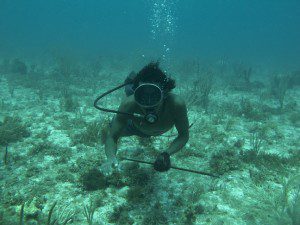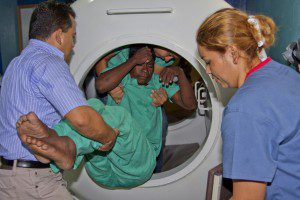Next week, on May 28, I will be premiering the documentary West Virginia Voices of War and a companion book Common Valor. To say this is the biggest project I have taken on would be an understatement.
You can see the opening to the documentary on my website.
The book, in both print and ebook format, is now available through Amazon.
I ended up traveling more than 2000 miles and collecting 50 hours worth of oral histories from West Virginia war veterans. I completed interviews with 46 veterans from every major conflict since World War II and a number of smaller peace-keeping and humanitarian missions. It took 15 months and somewhere over 500 hours, although I really have no idea how much time.
I started talking to friends and dropped in on a couple local VFWs and offered to record oral histories. I knew it would turn into a documentary of some sort although at the time I had no idea what the “story” would be. That is often the nature of documentary work. You don’t know what the story is going to be; you just have to collect the information and see what happens. About halfway through the project, I began to realize how remarkably similar the stories were, regardless of when the veterans served.
West Virginia Voices of War is a multimedia presentation, combining audio recordings with still portraits of each veteran. I couldn’t use comments from all of the veterans in the documentary, so I also included edited transcripts from all of the interviews in the book Common Valor. I chose that title because I came to realize that “valor” isn’t necessarily about heroes. In my mind, valor is men and women putting their lives on the line, doing their jobs and doing their best to come home safe and sound. Almost every veteran I interviewed talked about having nightmares or drinking too much when they came home. And almost every one of them said they were proud of what they did and would do it again in spite of the problems.



